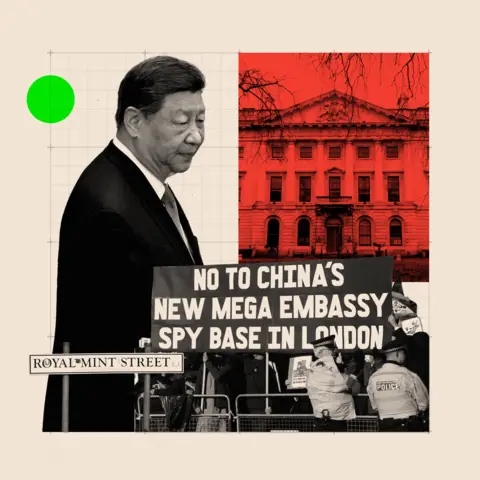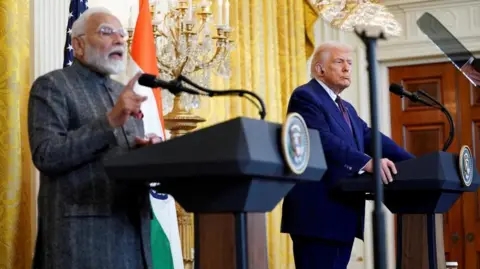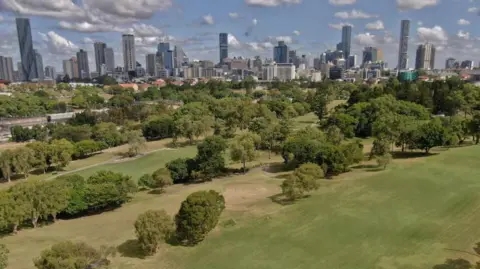A wanted poster offers a staggering £95,000 reward for information on a young woman—Carmen Lau, a Hong Kong pro-democracy activist now living in London. The notice, bearing a Hong Kong phone number, urges tipsters to report her to the Chinese embassy.
Standing outside the proposed site of China’s new London embassy—a sprawling 20,000-square-meter complex at the historic Royal Mint Court—Lau shudders at the thought of what such a diplomatic stronghold could mean for dissidents like her.
A Symbol of Power—Or a Threat?
The planned embassy, set to be the largest in Europe, has drawn fierce opposition from activists, local residents, and security experts. Critics warn it could serve as a base for monitoring political opponents, conducting espionage, and even detaining individuals—echoing a 2022 incident where a Hong Kong protester was dragged into China’s Manchester consulate and beaten.
Beyond fears of political repression, security analysts highlight another risk: the site’s proximity to London’s financial district. The former Royal Mint Court once housed Barclays’ trading floor and remains wired into the UK’s financial infrastructure. Nearby, fiber-optic cables run beneath the Thames, carrying sensitive data for City firms. Experts suggest China could exploit this infrastructure for intelligence gathering.
Local Resistance and Political Tensions
Residents of the area, including Mark Nygate, who has lived near the site for decades, worry about security risks and potential protests. “Embassy staff will live there and overlook us,” he says. “We don’t want demonstrations, security threats, or our privacy invaded.”
The UK government, now under Labour leadership, faces a dilemma. While Deputy Prime Minister Angela Rayner has taken control of the planning decision, pressure mounts from both sides—those advocating for stronger UK-China ties and those warning of national security threats.
A Balancing Act
Former diplomat Lord Peter Ricketts acknowledges the complexity of the UK’s relationship with China. “They are an adversary in some areas, a commercial partner in others,” he says. The embassy decision, he argues, will test whether Britain prioritizes long-term diplomacy or immediate security concerns.
Meanwhile, opponents like Conservative MP Sir Iain Duncan Smith warn against appeasement, while some security experts suggest that consolidating Chinese operations into one site might actually make surveillance easier.
As the debate intensifies, the fate of the mega-embassy remains uncertain—but its implications for diplomacy, security, and human rights are already sparking global concern.









